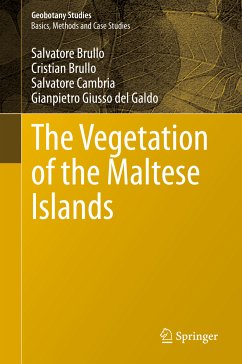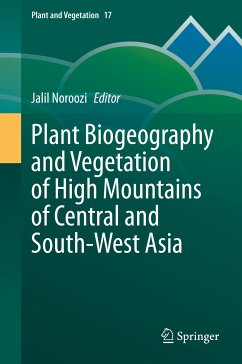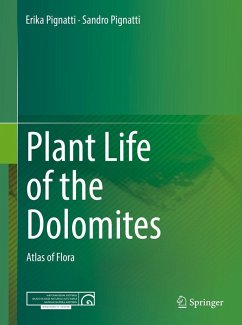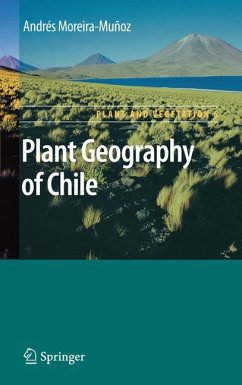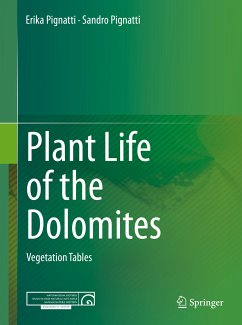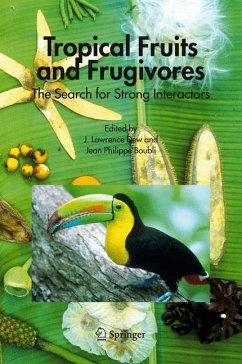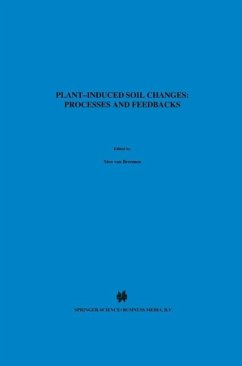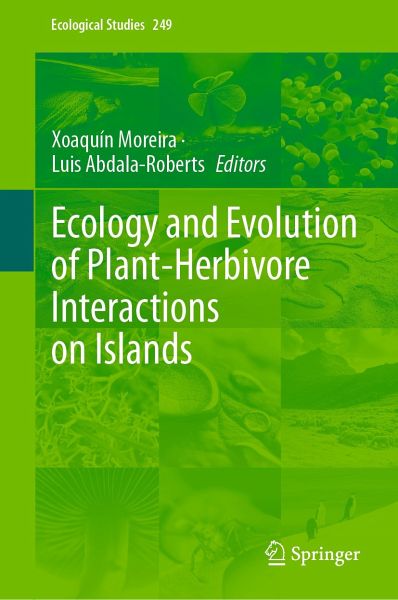
Ecology and Evolution of Plant-Herbivore Interactions on Islands (eBook, PDF)
Versandkostenfrei!
Sofort per Download lieferbar
120,95 €
inkl. MwSt.
Weitere Ausgaben:

PAYBACK Punkte
60 °P sammeln!
Theory and early empirical work posed that herbivore pressure should be lower on islands than on the mainland owing to lower herbivore abundance and diversity in insular systems. Consequently, plant taxa found on islands are expected to be less protected or even to have lost their defences completely. While early observational studies supported the prediction of lower herbivory and plant defences on islands, recent island-mainland comparisons have yielded mixed results, with some studies finding no differences between islands and mainlands or, surprisingly, higher herbivory and plant defences ...
Theory and early empirical work posed that herbivore pressure should be lower on islands than on the mainland owing to lower herbivore abundance and diversity in insular systems. Consequently, plant taxa found on islands are expected to be less protected or even to have lost their defences completely. While early observational studies supported the prediction of lower herbivory and plant defences on islands, recent island-mainland comparisons have yielded mixed results, with some studies finding no differences between islands and mainlands or, surprisingly, higher herbivory and plant defences on islands. In this book, the authors aim to re-assess current theory and initiate a new generation of work on insularity effects on plant-herbivore interactions. This book aims to fill the research gaps by integrating the research that has been done to date and by compiling and summarising new research on insularity effects on plant-herbivore interactions. It provides a critical examinationof the patterns in light of classical theory and identifies potential mechanisms or underlying processes. It also aims to raise new questions that will form the basis for a revised and more robust research programme.
Dieser Download kann aus rechtlichen Gründen nur mit Rechnungsadresse in A, B, BG, CY, CZ, D, DK, EW, E, FIN, F, GR, HR, H, IRL, I, LT, L, LR, M, NL, PL, P, R, S, SLO, SK ausgeliefert werden.




